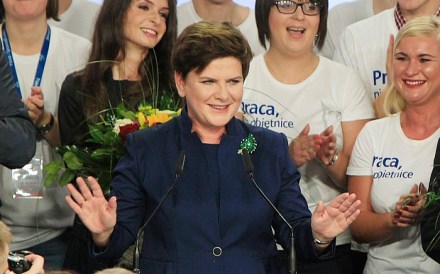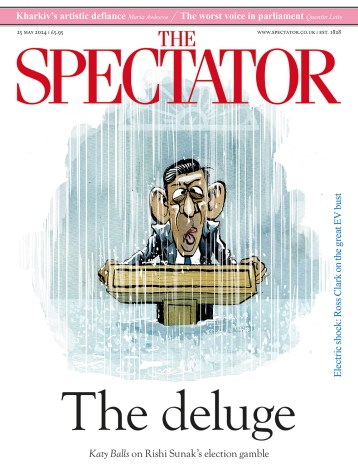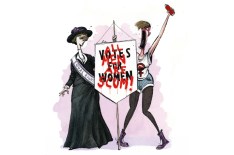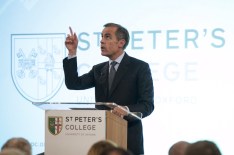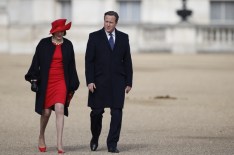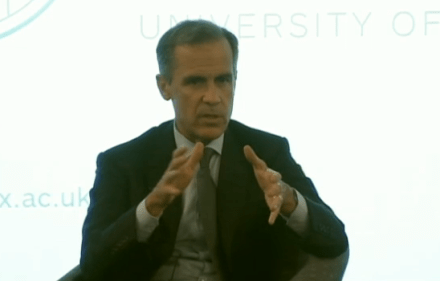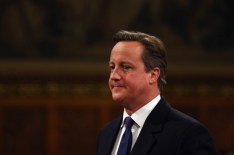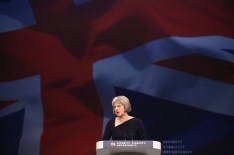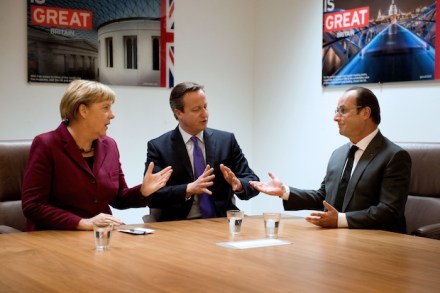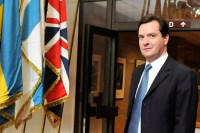Poland’s shock election result has just made the EU even more of a mess
European politics hardly needs more excitement, but that’s what in store after the crushing victory for the Law and Justice party (PiS) in Poland’s general election. The party is not just pretty far off the European mainstream; its politics breathe what Adam Michnik, the legendary dissident, has called ‘a combination of an inferiority and superiority complex’. Its redeeming quality now seems to be that it is, nowadays, less nutty. But its politics still have a scent of its past: a social conservatism occasionally lashing modern liberties, a confused and populist economic agenda, and schizophrenia over Germany that swings between pride and feeling of cultural inadequacy. If the party’s rank and
